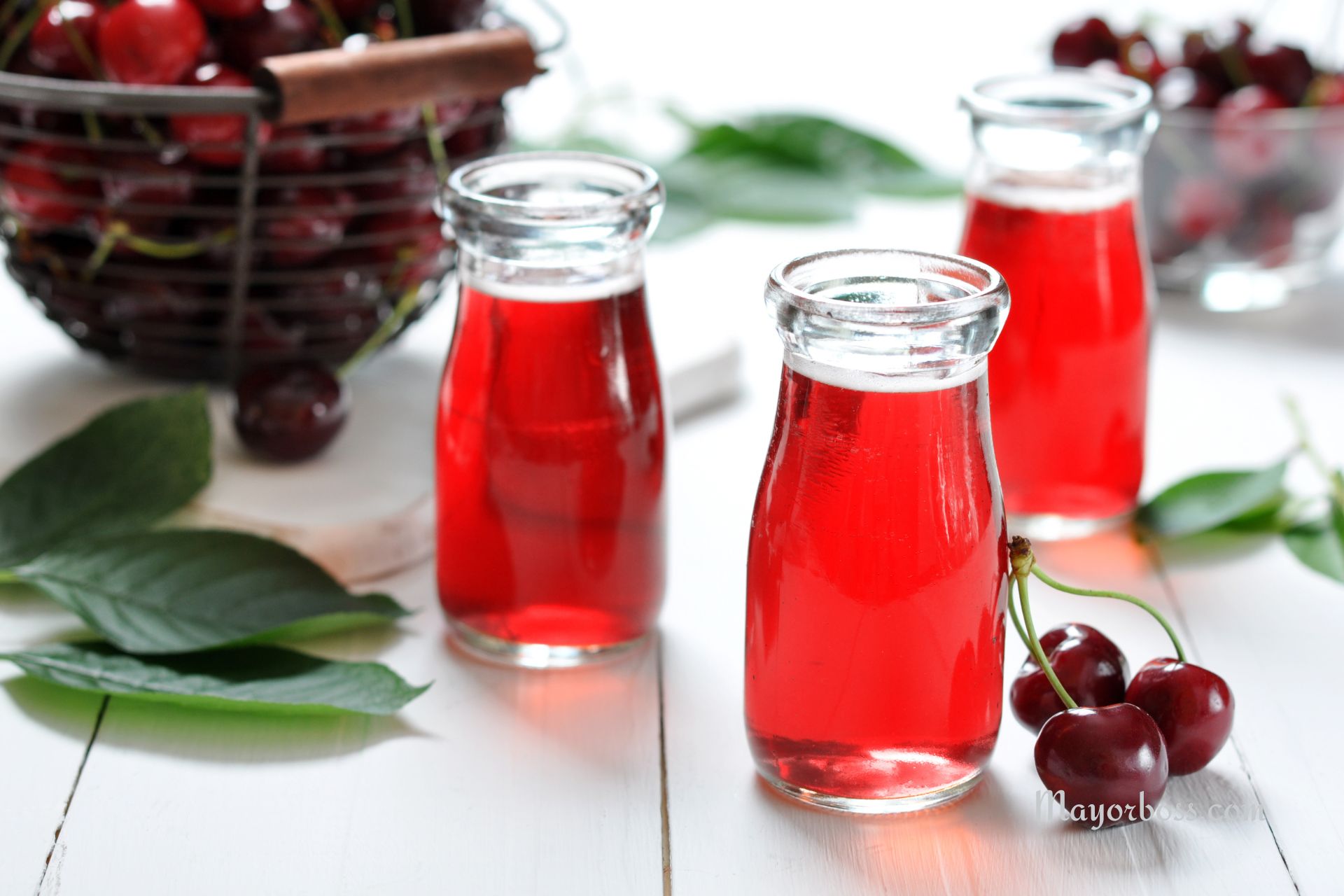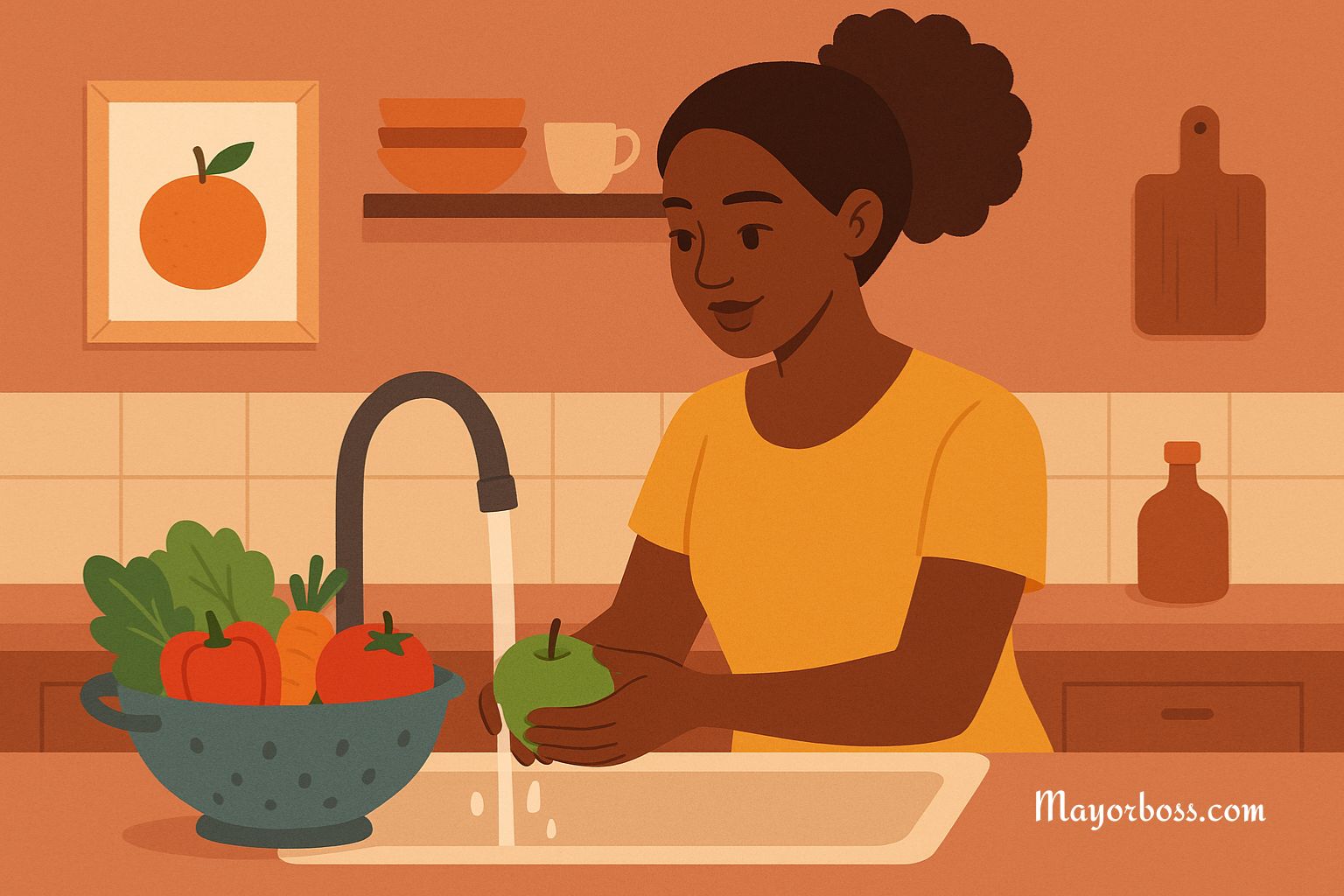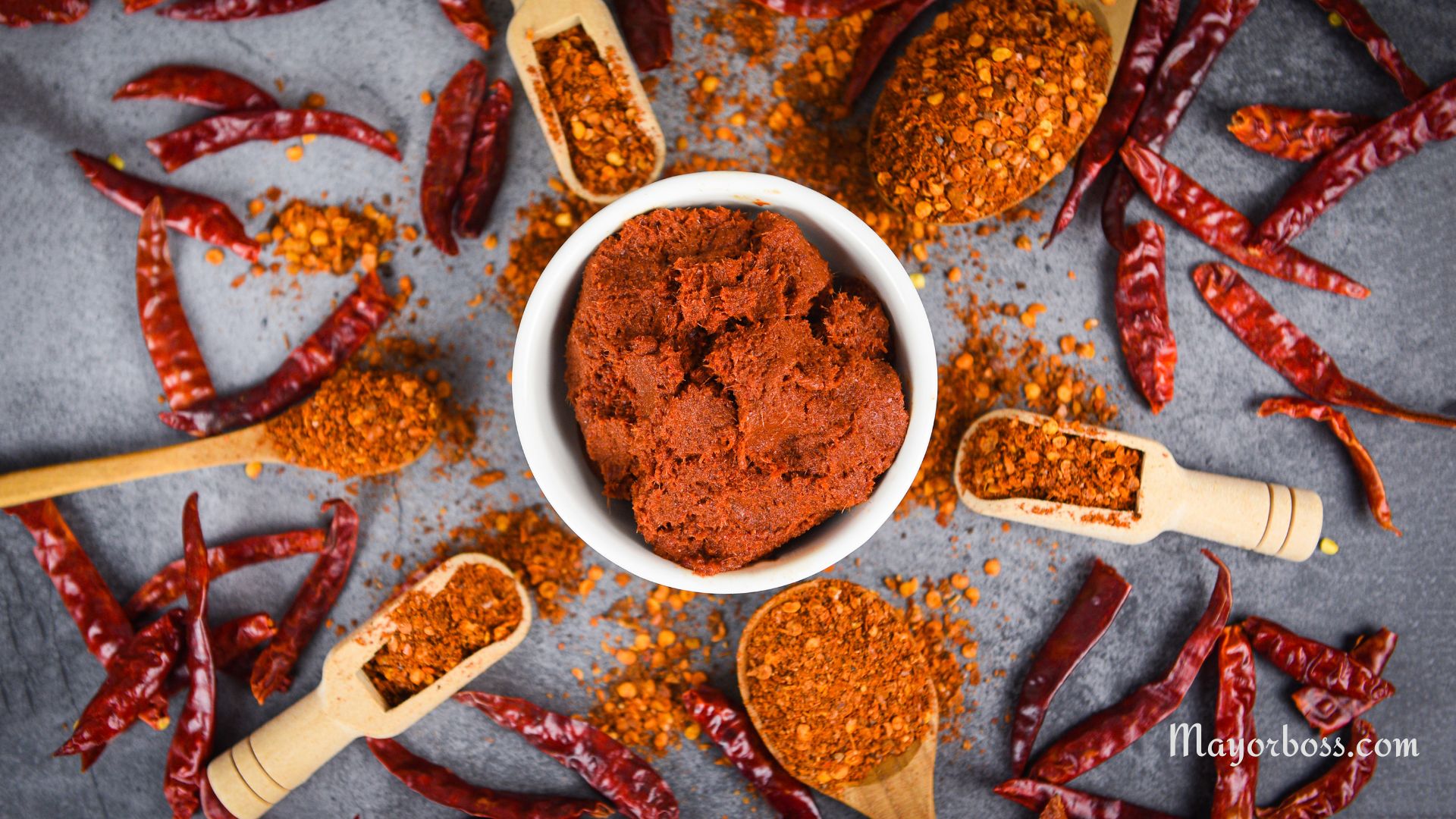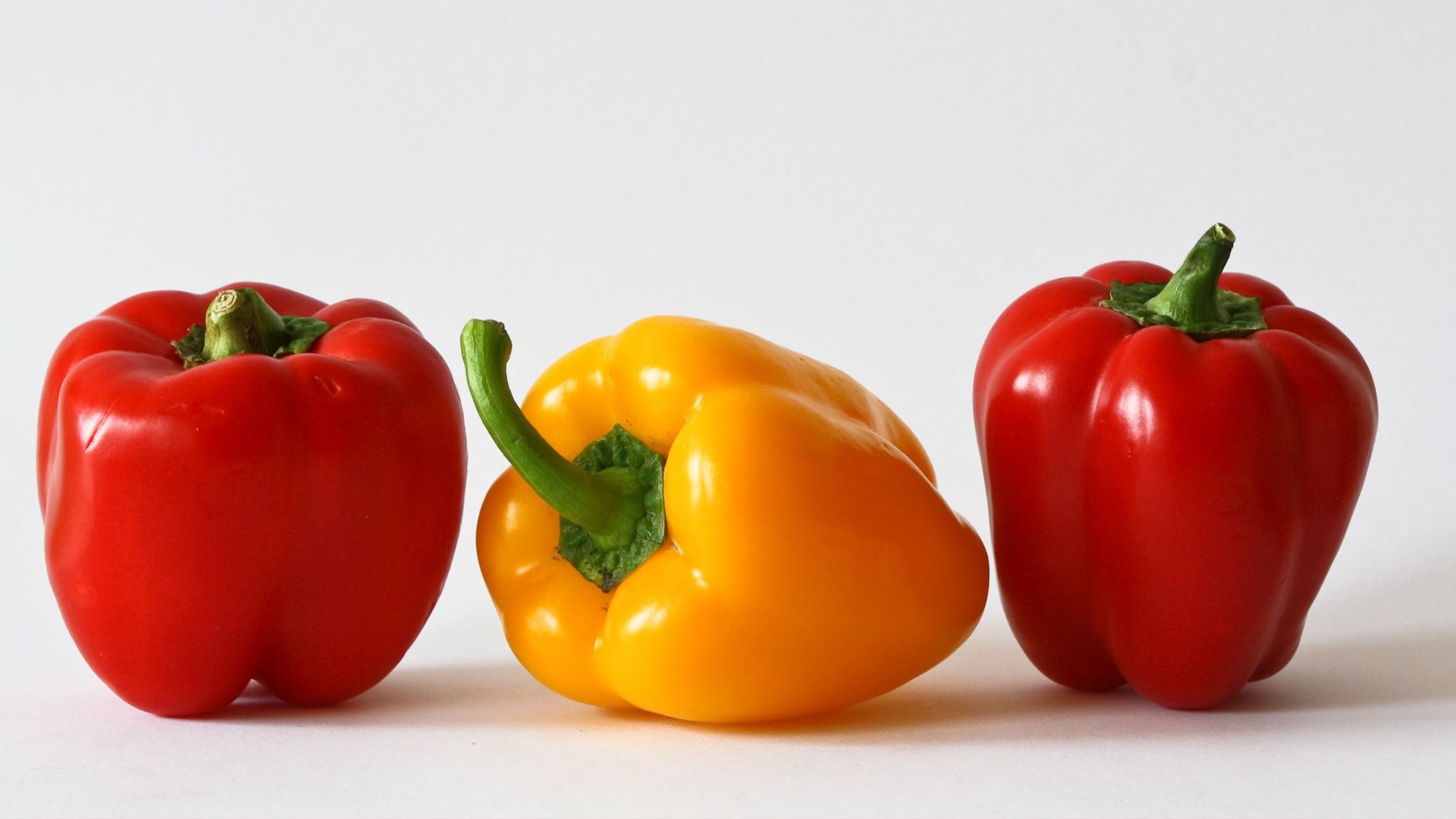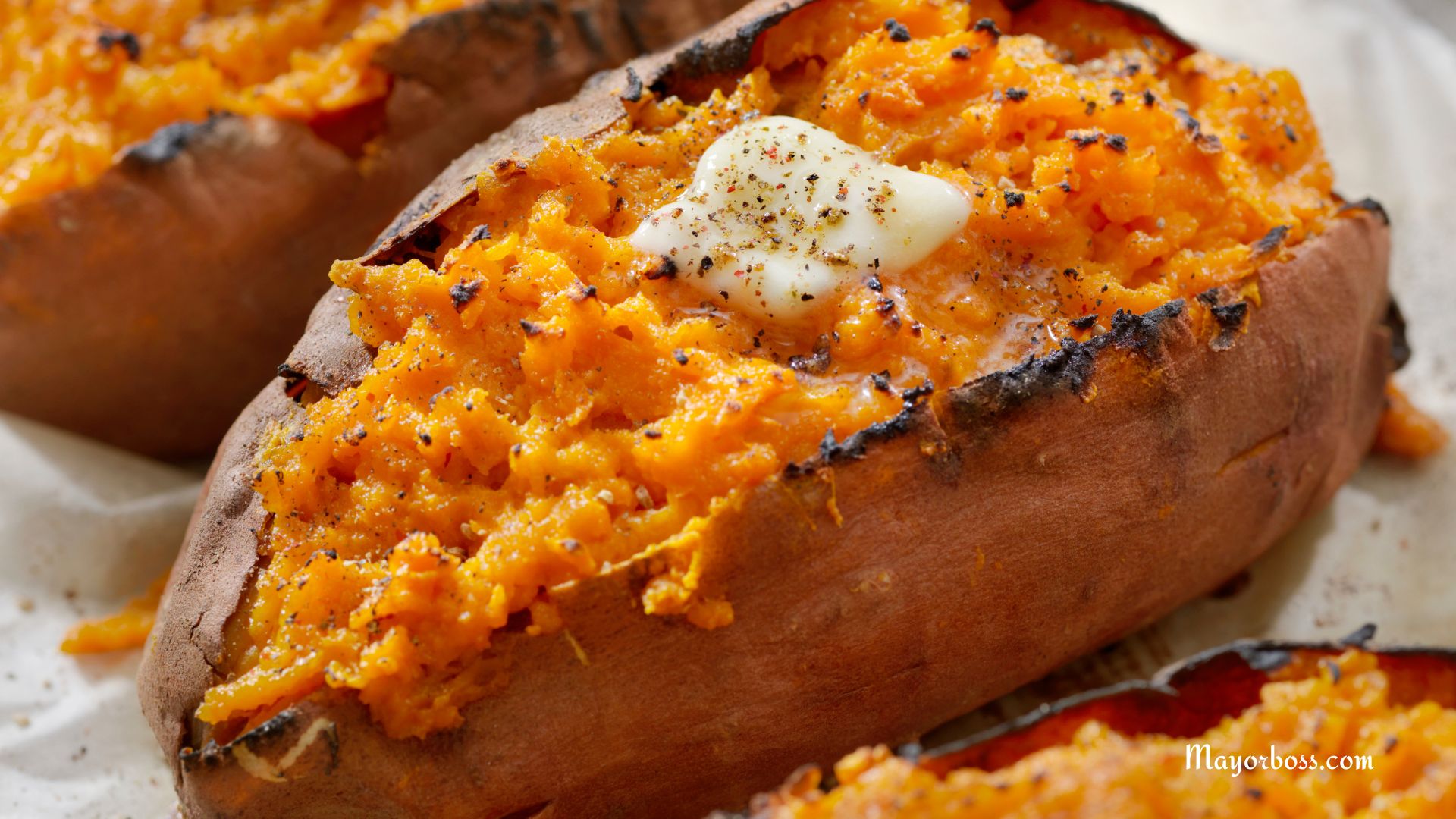These 4 Fruits Can Help Lower Your Colon Cancer Risk
Colon cancer, also known as colorectal cancer, affects the large intestine. It often begins as small growths called polyps, which can become cancerous over time. While genetics and age can raise your risk, what you eat each day matters just as much. In fact, certain foods—especially fruits—can help protect your colon and reduce your chances of developing cancer.
According to the American Cancer Society, colon cancer affects more than 100,000 Americans every year. Read all about four fruits that have been shown to support colon health and may help reduce your odds of colon cancer in this article!
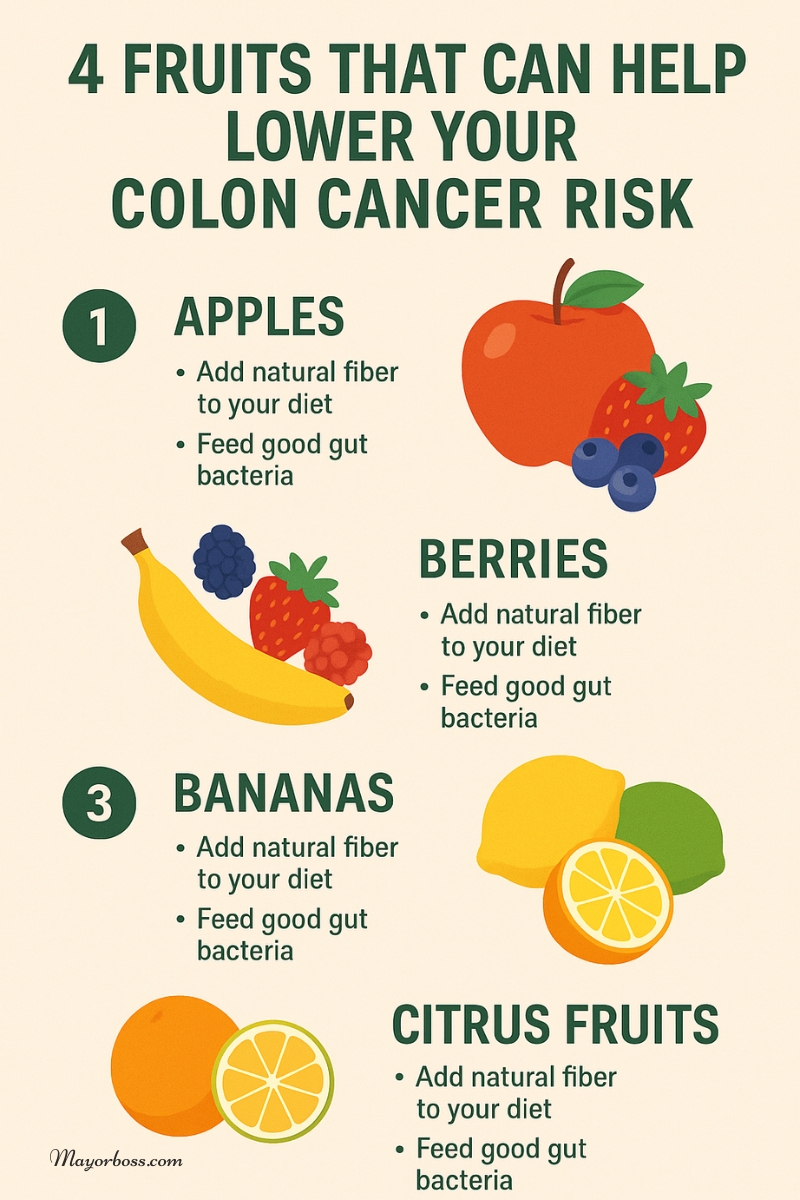
1. Apples
Apples are one of the most powerful fruits for colon health. They’re rich in fiber—particularly soluble fiber—which feeds the good bacteria in your gut. This creates a healthy gut environment and lowers inflammation, both of which are important for reducing cancer risk.
Apples also contain natural compounds called polyphenols. These compounds act as antioxidants. They help fight off damage caused by harmful molecules in your body called free radicals. Some research suggests that polyphenols in apples may slow the growth of colon cancer cells or even help destroy them.
For the best benefit, eat apples with the skin on. That’s where much of the fiber and antioxidants are found.
2. Berries
Strawberries, blueberries, raspberries, and blackberries are small fruits with big benefits. They’re full of fiber and packed with antioxidants, especially vitamin C and anthocyanins. These nutrients reduce inflammation and help keep your colon cells healthy.
Some studies show that berries may slow the growth of precancerous cells in the colon. They may also protect DNA in your cells from being damaged, which is a key step in preventing cancer.
Try adding a handful of fresh or frozen berries to your breakfast, salads, or snacks throughout the week. Even small amounts regularly can be helpful.
3. Bananas
Bananas are easy to digest and gentle on the stomach, but they also provide strong cancer-fighting support. One reason is their high content of resistant starch. This special type of starch works like fiber. It feeds the healthy bacteria in your gut, improves digestion, and reduces inflammation in the colon.
Bananas also contain antioxidants and small amounts of vitamin B6, vitamin C, and manganese. These nutrients support overall cell repair and immune function.
Green or slightly unripe bananas have more resistant starch than fully ripe ones. So if you’re aiming to boost your gut health, consider including bananas that are just turning yellow.
4. Citrus Fruits
Oranges, grapefruits, lemons, and limes are more than just a good source of vitamin C. Citrus fruits also contain plant compounds such as flavonoids, which have been shown to slow the growth of cancer cells.
In laboratory studies, some of these flavonoids have stopped colon cancer cells from spreading. They may also block enzymes that help cancer develop. In addition, citrus fruits have a high water content and natural fiber, which help keep your digestive system moving. Regular bowel movements reduce the time that harmful substances stay in your colon.
Fresh citrus fruits are best, but even drinking a small glass of 100% orange or grapefruit juice (without added sugar) can provide some benefits. Be mindful if you’re taking certain medications, though—grapefruit can interact with some drugs.
Other Ways to Lower Colon Cancer Risk
While fruit is helpful, it’s just one part of the picture. To protect your colon even more, consider the following:
Final Thoughts
Colon cancer is one of the most preventable types of cancer. Small changes in your daily routine—like eating more apples, berries, bananas, and citrus fruits—can have a lasting impact on your colon health.
You don’t need to eat them all at once. Start by adding one to two servings per day and rotate through different types. The more variety you include, the more protection you may gain.

